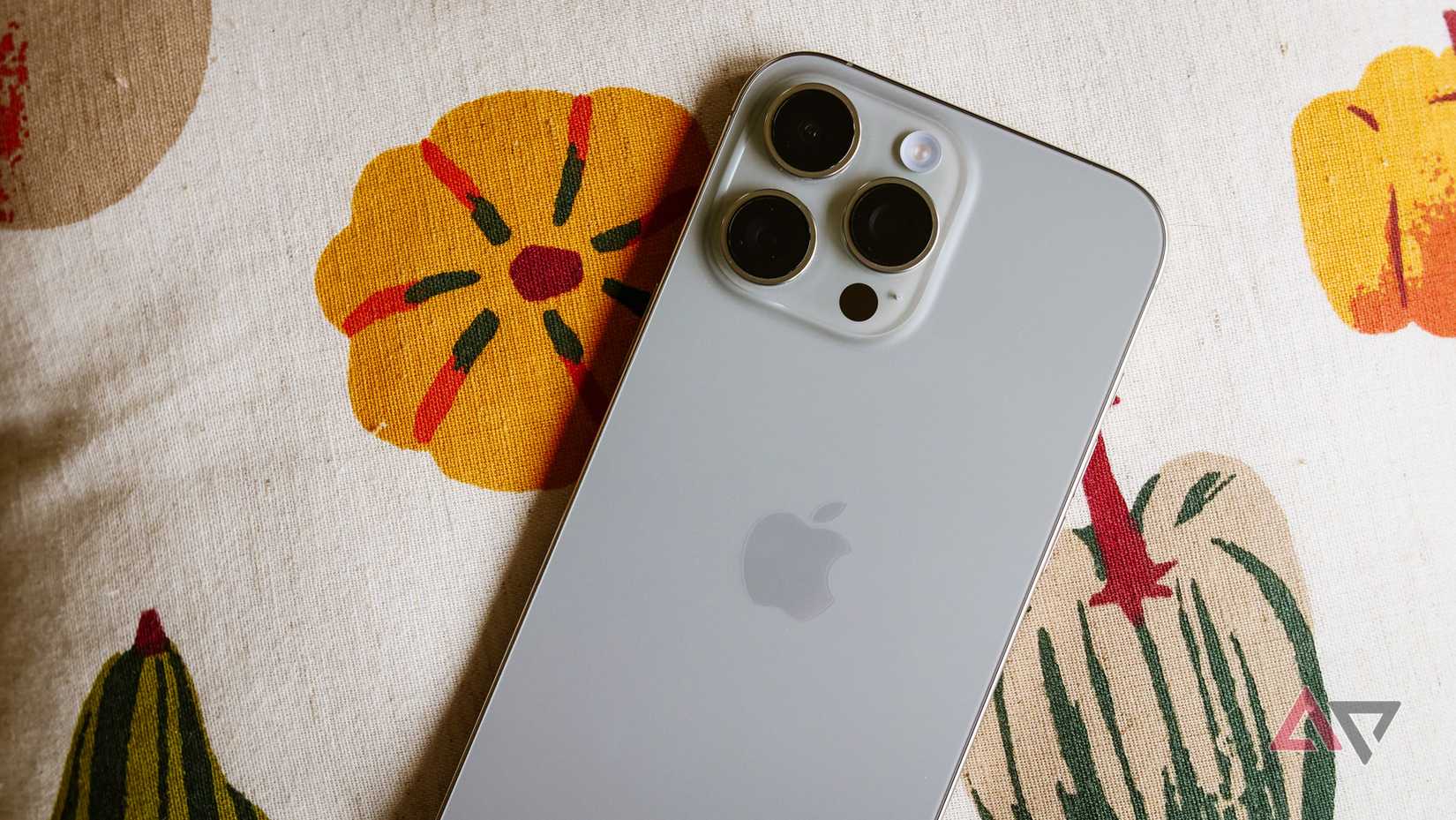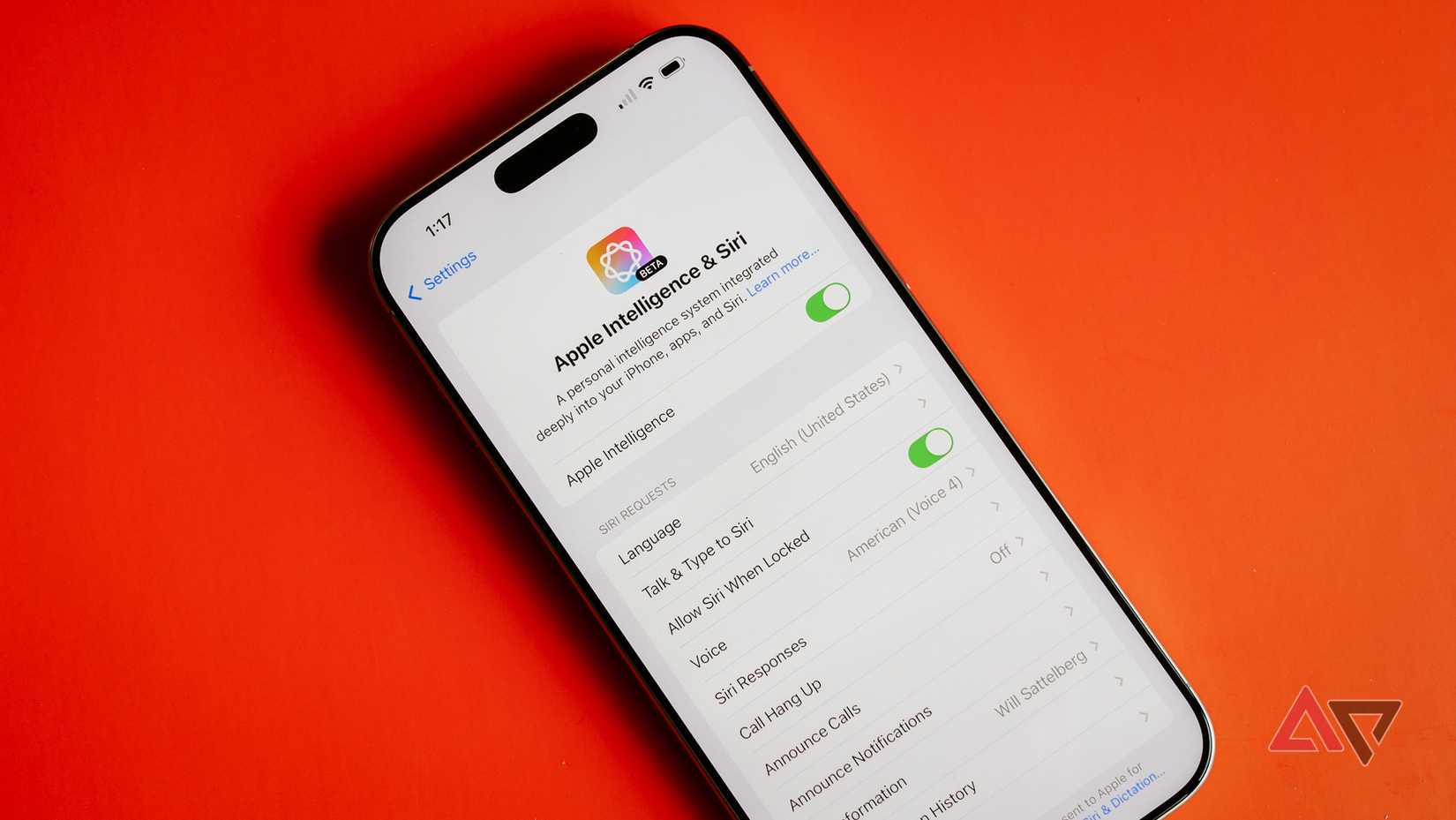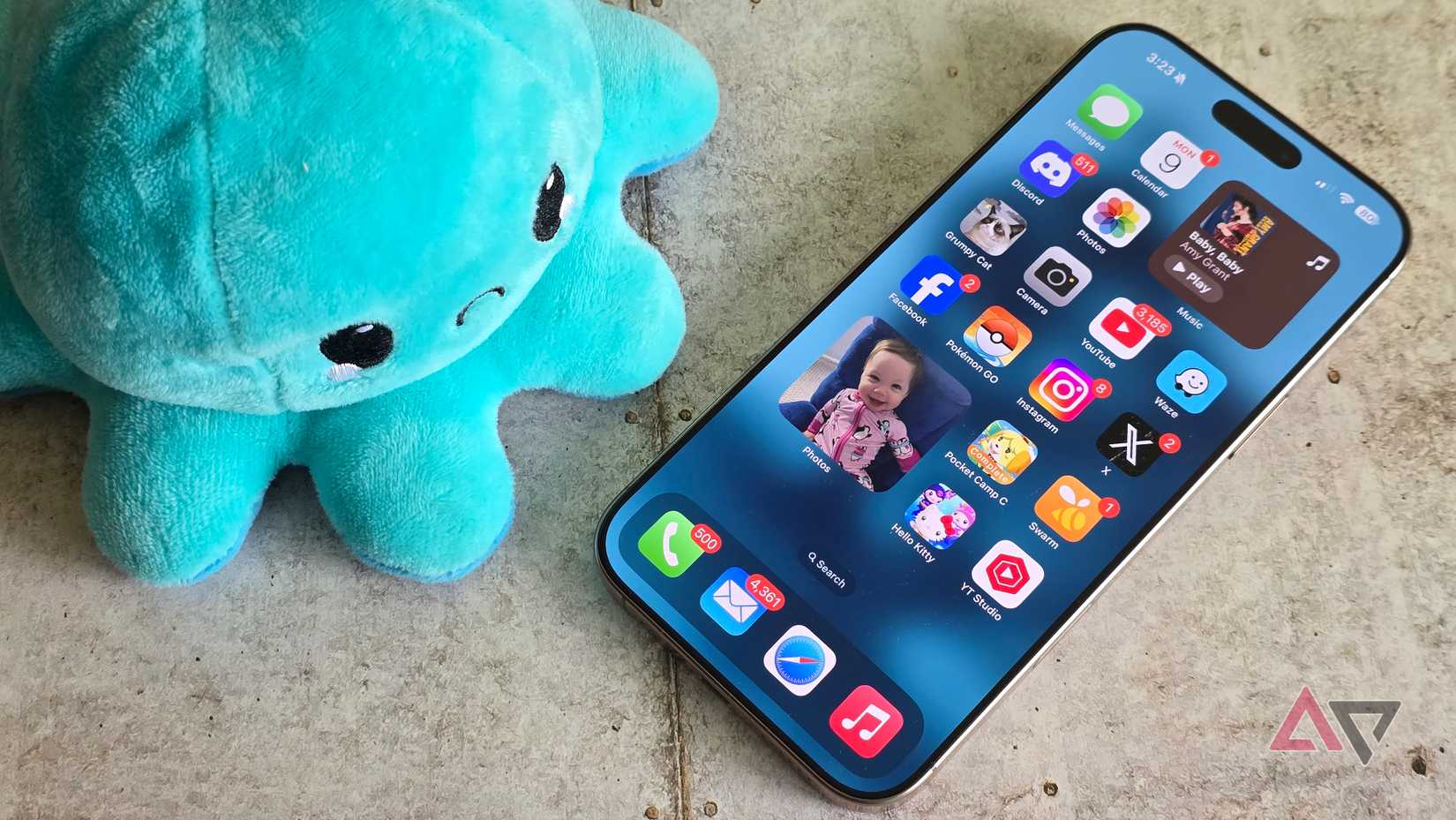No smartphone launches are entertaining anymore, but Apple’s have become particularly painful.
I’d be more forgiving of the style if the substance made up for it, but recent iPhones and iOS iterations have been disappointing, making me wonder where Steve Jobs’ Apple has gone.
I don’t want to devolve the conversation into merely positing that everything has gone downhill since Jobs passed — because that’s not true. But it’s hard to argue that the company hasn’t suffered from a lack of focus.
It’s the focus that brought Apple back from the wilderness in the late ‘90s, and it’s that kind of drive and forward-thinking that’s needed if the company wants to avoid becoming the bloated mess it once was.
Here’s what’s wrong with Apple, and how best to approach fixing it.
Simplifying the product line
There needs to be a clear purpose
I don’t know why I buy Apple products anymore. The competitive advantage that drove me to buy iPhones and iPods for years has eroded.
MacBooks are still excellent laptops, and my MacBook Air M4 is a fantastic value, but that doesn’t extend to the rest of the product line.
It’s unrealistic to go back to the days of Apple selling four products, with two consumer-grade computers and two professional computers. The appeal is certainly still there.
I’d love to see Apple put the kind of focus and drive into its current devices like it did with the original iMac and iBook, but that’s not going to happen.
Instead, I want Apple to focus on what makes the iPhone exceptional. I don’t need an iPhone 17 Air. I want three outstanding phones.
The company should offer one iPhone 17 for those looking to spend less while still enjoying Apple’s ecosystem, alongside two Pro models.
It would allow the company to differentiate its products more clearly and make a compelling case for which iPhone to choose, highlighting its superior features over the competition.
Apple Intelligence needs a complete rethink
Liquid Glass does, too
I’ve never seen Apple fail to deliver like it has with Apple Intelligence.
From heavily advertising the iPhone 16 Pro as built for Apple Intelligence to repeatedly delaying features, Apple Intelligence has been a disaster. The company has no answer to Google Gemini or Galaxy AI.
I’m not convinced that AI is a compelling reason to buy smartphones, but Apple’s version is awful.
Liquid Glass on iOS 26 smells of a similar disaster, and I don’t think it will be well-received.
Software and services were once the bedrock of the iPhone experience, but now we’re left with numerous glitches and poorly implemented AI “solutions.”
I’m disappointed by the number of bugs I’ve encountered on iPhones in the last few years. Apple’s software used to be rock-solid, making it an easy recommendation for novice users.
It was hard to get in trouble using an iPhone, even if you weren’t an enthusiast. That’s no longer the case, and I know many loyal iPhone customers who are thinking of switching to something different for the first time.
The user experience is king
Apple used to do what was best for the customer experience
When Steve Jobs returned to Apple, he didn’t just streamline the product offerings. He killed off many projects within the company.
There’s a fantastic clip of him answering a question from a disgruntled Apple engineer who had just had his project cut. Jobs’ answer outlined the product goals for the company.
He didn’t want people to develop a cool idea, only to struggle to market it and find ways to make it appealing to end users.
Jobs wanted Apple to focus on developing products that prioritize the customer experience, working back to the underlying technology. It’s an important distinction, and a nuance that Apple’s lost.
Apple Intelligence is everything Jobs was against. It’s a technology in search of a purpose, rather than a cool experience that drove the underlying product.
The iPhone 17 Air looks interesting, and I’m sure a lot of innovative technology went into developing a phone that thin.
Still, what is it bringing to the customer experience that isn’t better served by the iPhone 17 Pro for around the same money? It’s a question Apple isn’t answering, and that’s a problem.
It’s hard to separate nostalgia from reality
Yes, some of my complaints stem from a longing for the glory days of exciting Apple products. However, that doesn’t discount legitimate criticism.
The company suffers from a lack of focus, and long-time customers are jumping ship.
Anyone who watched football over the weekend saw very aggressive Google Pixel 10 commercials aimed at people tired of the same old phone. Apple needs to regain its momentum by getting back to basics.





… [Trackback]
[…] Here you can find 83877 additional Information on that Topic: geeksforgeeks.org/apple-desperately-needs-to-get-back-to-basics/ […]